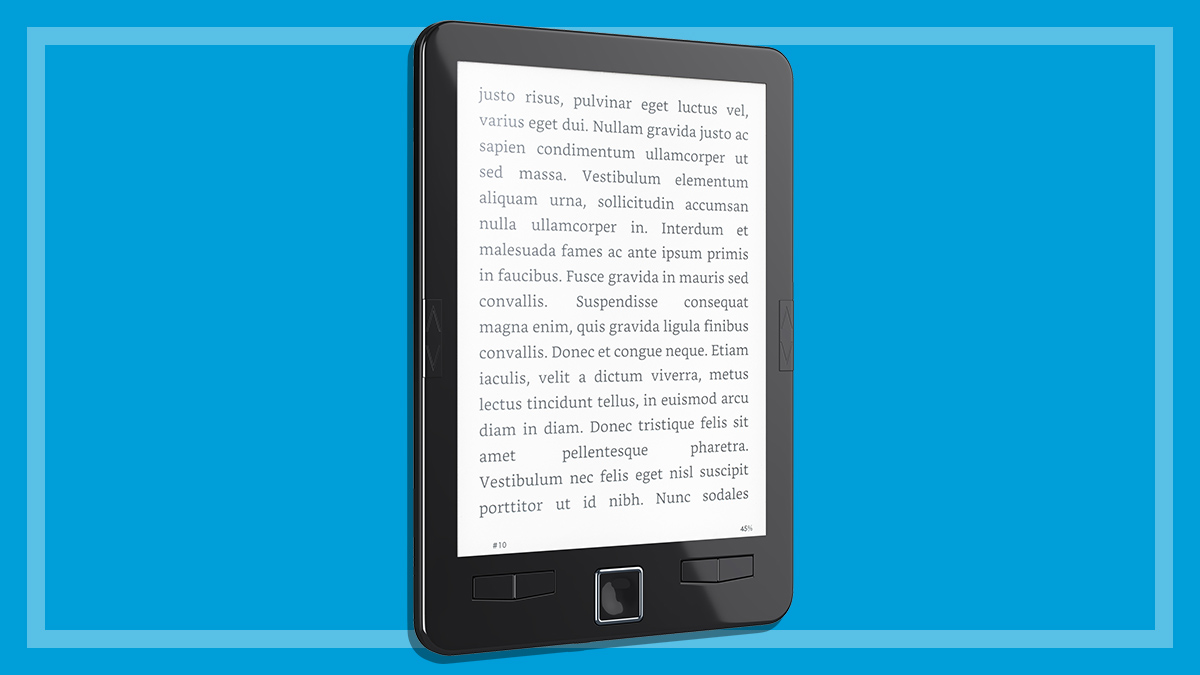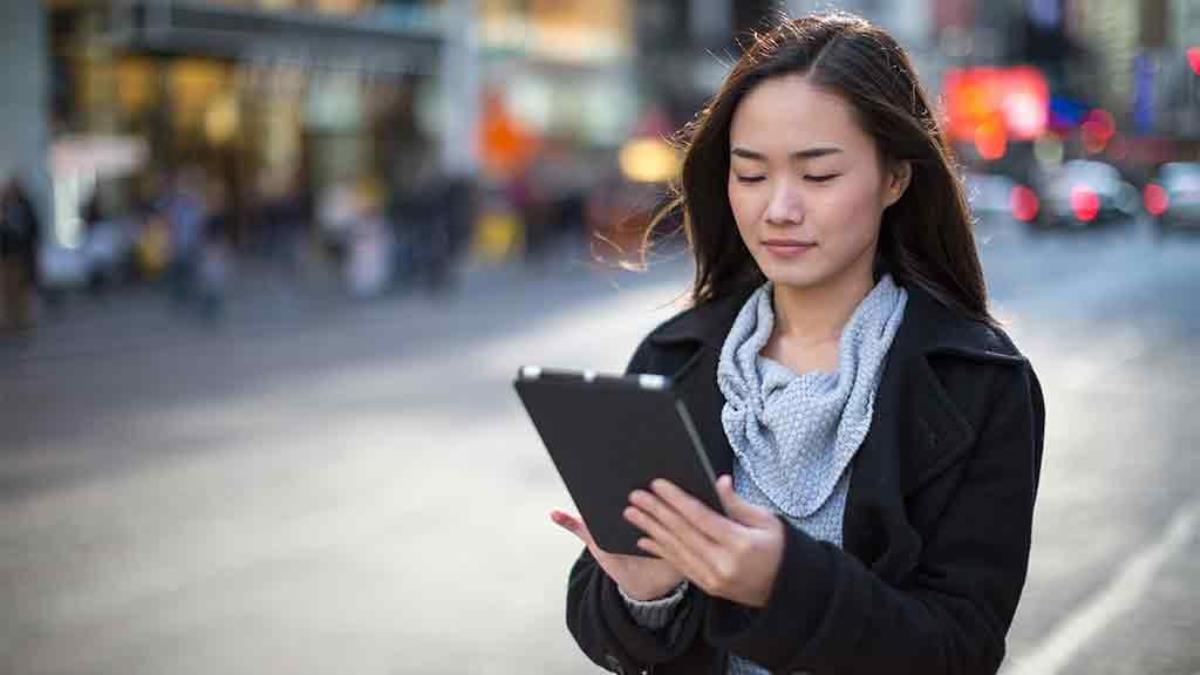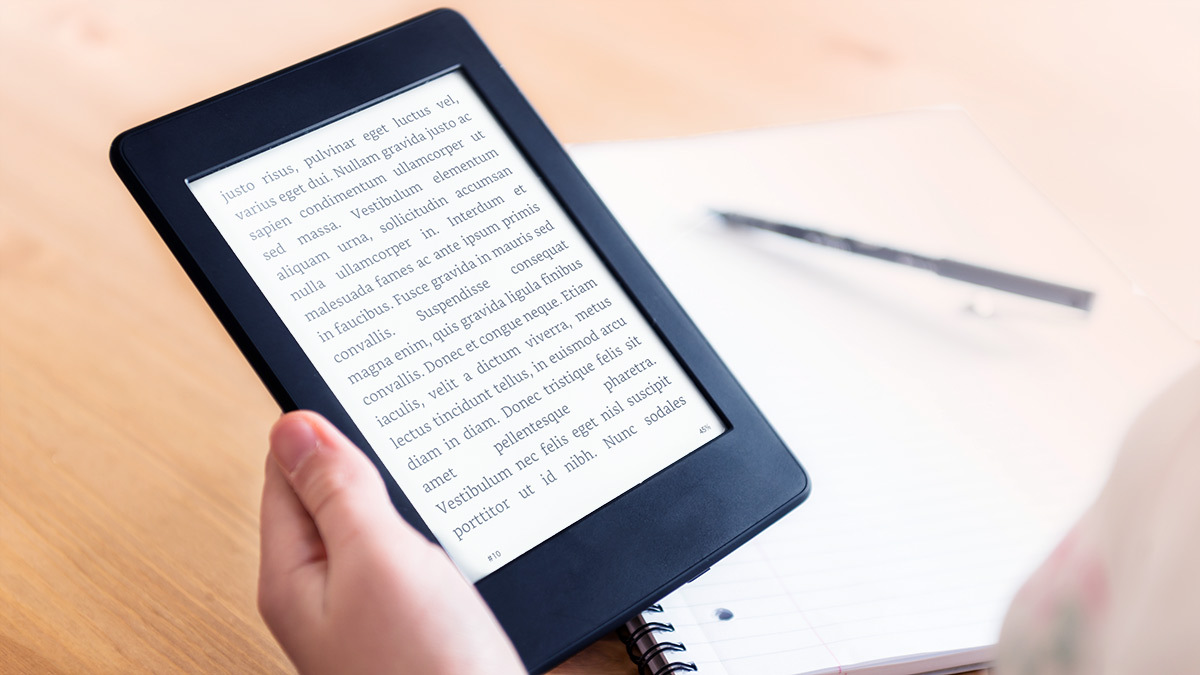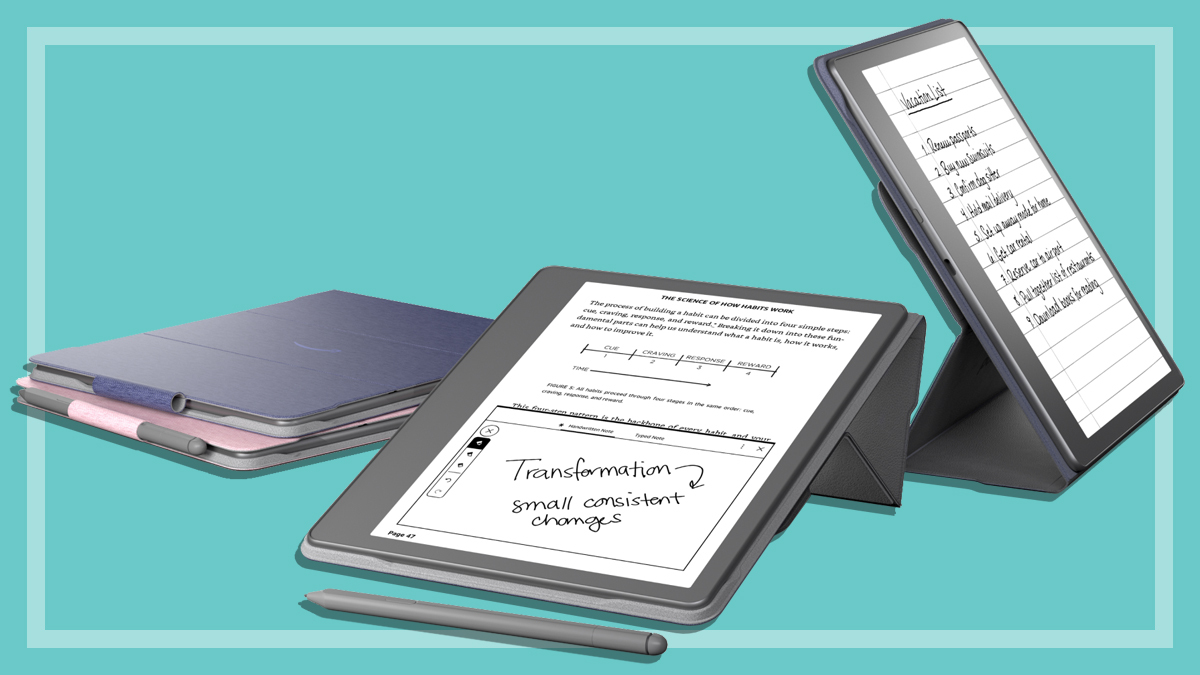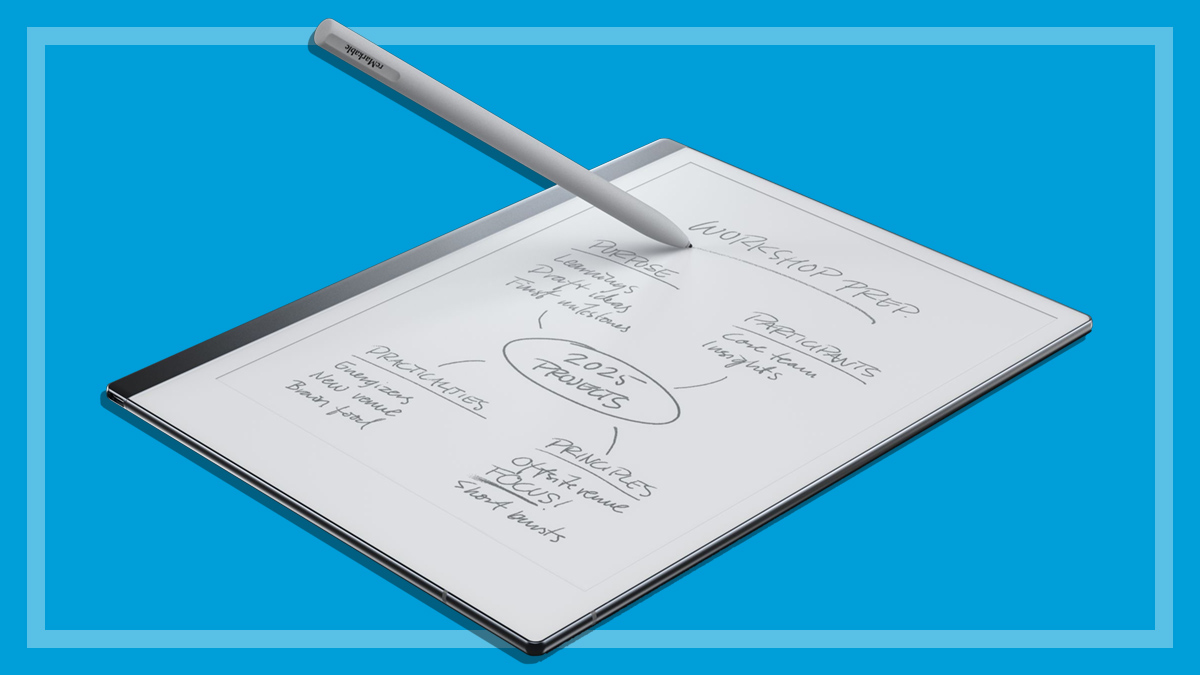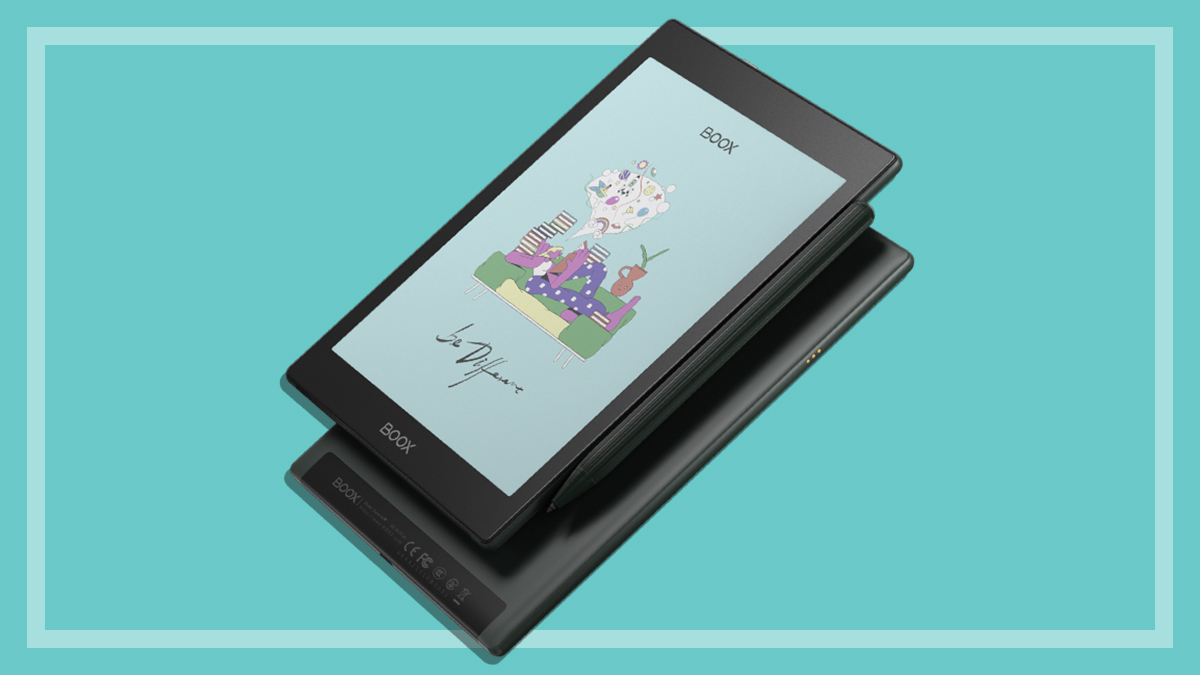Get our independent lab tests, expert reviews and honest advice.
Is using an e-reader cheaper than buying paper books?
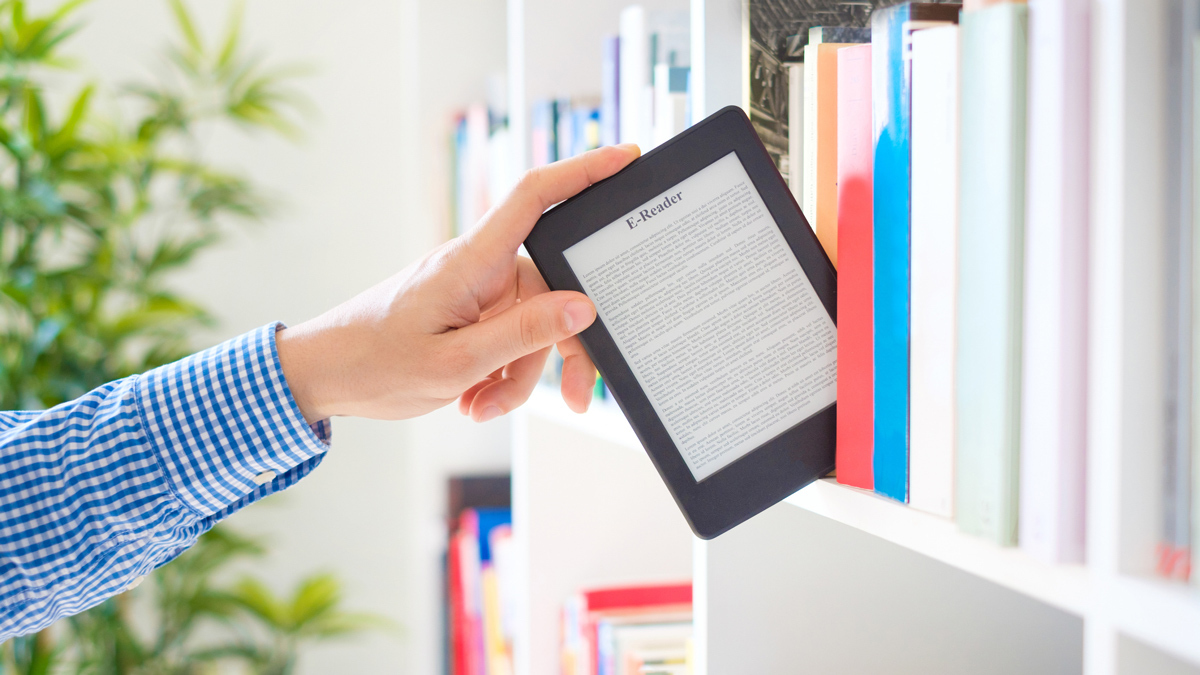
CHOICE verdict: It depends.
On this page:
- How much does an e-reader cost?
- How much do ebooks cost?
- Price comparison
- Ebook subscriptions
- Can you borrow ebooks from the library?
- Can you share ebooks?
There are a number of factors at play that will affect how much you spend on either ebooks or paper books, including what you read, how much you read and how you access your reading material.
You’re going to spend vastly different amounts if you buy multiple new paper books each month from bricks-and-mortar bookshops, compared with using your local public library, street library and swapping books with friends.
Similarly, if you’re an e-reader user, you can keep costs down by paying for a subscription, buying cheap ebooks, sharing ebooks among family and friends, and ‘borrowing’ ebooks from a library, or you can spend a lot by regularly buying new releases and bestsellers at full price.
We’ll explain the basic costs, options for access, environmental impacts and ways to save.
There’s something particularly special about a brand-new book, from the smell and the crisp paper to the perfectly flat cover and spine. Cracking open the pages for the first time adds a deeper satisfaction to that contented feeling of curling up with a good book.
But is it worth giving up those sensory pleasures in favour of going digital?
Some die-hard book lovers say they’ll never give up their paper books, while other bookworms have happily made the switch, enjoying the freedom of being able to access a (figurative) stack of books anywhere, any time without being weighed down by actual books.
If you have a serious book habit, which option will save you the most money? (Any savings made will, obviously, be spent on acquiring more books!)
How much does an e-reader cost?
As with most products, there’s a big range in prices depending on what you want. The cheapest e-reader we’ve tested, the Kobo Nia, costs $160 and the most expensive is the Remarkable ReMarkable 2 at $749.
The Remarkable is a tablet, so for that price you’re getting more than just a regular e-reader. Before you start your search for the perfect e-reader, ask yourself which features you want and how much extra you’re prepared to pay.
If you want an e-reader to simply read ebooks, look for a model with a display of seven inches or smaller – any larger and you’ll have issues when reading in bed, taking all your gear down to the beach or travelling.
In Australia, you can’t use your Kindle to borrow books from a library
If you decide to splash out on a tablet, you can defray some of the costs by borrowing ebooks from your public library – which is something you may not be able to do with an e-reader. In Australia, you can’t use your Kindle to borrow books from a library.
Borrowing instead of buying will obviously bring the overall costs down, so depending on how much you read you could save in the long run by using ‘free’ borrowed books on your tablet.
Just bear in mind that reading on a tablet is quite a different experience to reading on an e-reader.
How much do ebooks cost?
Ebooks are generally cheaper than their paper equivalents but obviously you need to buy a device on which to read them, so you’ll need to factor that into the overall cost when comparing ebooks with paper books.
“Thankfully, you should expect your e-reader to be delivering good service for several years, unlike a mobile phone or other smart device where the turn over seems to be much sooner,” says CHOICE tech expert Denis Gallagher.
Price comparison
While comparing the price of a physical book with an ebook isn’t quite comparing apples with apples, it does help to give you an idea of the price difference.
We compared some prices of physical books and their digital counterparts on Amazon and Kobo to see how they stack up price-wise. (All prices current at time of publishing.)
Atomic Habits by James Clear
- Hard copy RRP: $35
- Amazon paperback price: $21.95
- Amazon Kindle price: $18.99
- Kobo ebook price: $18.99
It Starts with Us by Colleen Hoover
- Hard copy RRP: $32.99
- Amazon paperback price: $16.00
- Amazon Kindle price: $16.99
- Kobo ebook price: $16.99
Spare by the Duke of Sussex, Prince Harry
- Hard copy RRP: $59.99
- Amazon hardcover price: $35.00
- Amazon Kindle price: $24.99
- Kobo ebook price: $24.99
Someone Else’s Shoes by Jojo Moyes
- Hard copy RRP: $32.99
- Amazon paperback price: $16.00
- Amazon Kindle price: $14.99
- Kobo ebook price: $14.99
The Seven Husbands of Evelyn Hugo by Taylor Jenkins Reid
- Hard copy RRP: $22.99
- Amazon paperback price: $12.00
- Amazon Kindle price: $16.99
- Kobo ebook price: $16.99
Tomorrow, and Tomorrow, and Tomorrow by Gabrielle Zevin
- Hard copy RRP: $22.99
- Amazon paperback price: $18.16
- Amazon Kindle price: $14.99
- Kobo ebook price: $14.99
Ebook subscriptions
Just as Netflix and Spotify have changed the way we consume TV shows and movies, ebook subscriptions are changing the way people read ebooks.
If you tend to blow your book budget regularly, an ebook subscription could be a way to rein in the expense: you pay a monthly fee and can access a range of ebooks.
If you tend to blow your book budget regularly, an ebook subscription could be a way to rein in the expense
Kindle Unlimited costs $13.99 a month and reportedly gives you access to “millions” of books and “thousands” of books with audio narration. You can use the Kindle app to download up to 20 books at a time.
If you have an Amazon Prime subscription, you’ll automatically have access to Prime Reading, which gives you access to “a rotating selection of over a thousand e-books, comics, short works and more”.
Kobo readers can access a similar subscription model for $13.99 a month and the offer of a 30-day free trial gives you a chance to see if all the ebooks on offer will satisfy your particular taste.
While they claim that hundreds of thousands of titles are available, this is no good if the hundred or so titles you are interested in are not on the list.
While they claim that hundreds of thousands of titles are available, this is no good if the hundred or so titles you are interested in are not on the list
“One thing to remember with any of these ‘free trials’ is to set yourself a calendar task a day or two before the trial ends to decide whether you want to keep the subscription,” says Denis.
Just as you can’t access every movie ever made on Netflix, these subscriptions will limit you just to what’s available on each platform, so that is worth considering before you sign up. And you might find that you end up paying for specific ebooks that you want to read, so you could spend more than just the subscription price each month.
But if you’re happy to work your way through the available titles, it’s one way to keep the cost down without running out of books to read.
Can you borrow ebooks from the library?
Instead of buying ebooks, you can often borrow them from your public library – this is a good way to bring down the overall cost of buying an e-reader.
“If you own a Kobo ereader, borrowing from your local library using the embedded Overdrive app is a big plus: all you need is your library card number and you are good to go. Readers with tablet devices can also use the Overdrive app,” Denis says.
“Kindle users are unfortunately out of luck, as the ability to borrow ebooks from a local library has been removed for Australian users.”
Time is money
One area in which ebooks have the edge is instant gratification: once you hit the purchase button on an ebook, it’s in your hot little hands straight away.
If you’re buying a paper book, you either need to go in person to a bricks-and-mortar bookstore, or order online and wait for it to arrive in the post.
If you want to devour the latest best-seller stat, then nothing beats an ebook for sheer convenience and speed.
But for some, reading is a leisurely pursuit that’s meant to be carried out in a relaxed manner, so delaying the gratification for a few days or weeks is well worth the wait.
Of course, you’ll probably need to pay for postage for a physical book, which does bump up the cost, but that’s the price we pay for being able to shop in our pyjamas, no?
Can you share ebooks?
If you’ve just finished a cracking novel and want to share it with your partner or bestie, you can just pop a paper book in the post or drop it off in person – it’s one of the best ways to find something new to read as it’s already been reviewed by someone whose taste you share! And inviting a loved one to immerse themselves in a book you love is a beautiful thing.
“Sharing an ebook isn’t quite so easy, unfortunately. Most ebooks are copyright-protected, which means they’re difficult to share on another e-reader,” Denis says.
If you’re with Amazon or Kobo, they both have a family and friends sharing function, which allows you to nominate a number of other users with whom you can share ebooks from your library.
Environmental considerations
There’s no getting around it: any electronic device does add to e-waste. But for each book you buy for your e-reader, that’s a big chunk of paper (and all the associated environmental impacts of printing and shipping) saved.
Since your e-reader should last you several years at least, that adds up to quite a lot of carbon emissions over the years.
But buying secondhand books and using public libraries, street libraries and book swaps with friends has a pretty minimal environmental footprint too – and doesn’t result in e-waste.
Ways to save on paper books
If you just can’t bear the thought of going paperless, there are a few ways to cut your book-buying budget:
- Use street libraries to pick up free books and pass on books you’ve already read
- Swap books with friends
- Go to your local public library
- Buy from secondhand bookshops
- Look for books in op shops and at markets.

